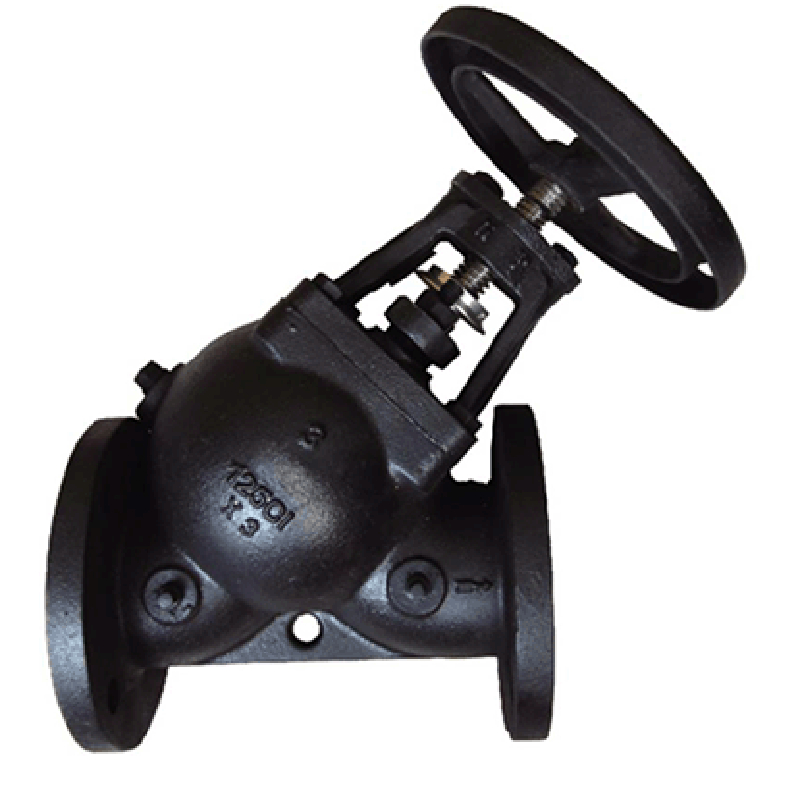Dic . 13, 2024 02:58 Back to list
Rubber Flapper Check Valve for Effective Fluid Control in Various Applications
Understanding Rubber Flapper Check Valves Functionality and Applications
In the world of fluid control, check valves play a crucial role in ensuring that liquids flow in the right direction, preventing backflow that could lead to system failures or inefficiencies. One commonly used type of check valve is the rubber flapper check valve. This valve design is simple yet effective and is widely applied across various industries. This article will explore the functionality, benefits, applications, and maintenance of rubber flapper check valves.
What is a Rubber Flapper Check Valve?
A rubber flapper check valve consists of a valve body, a flapper (or disc), and a sealing mechanism, usually made from durable rubber or elastomer. The flapper is hinged at the top of the valve body and is free to swing open or closed based on the direction of fluid flow. When fluid flows in the designated direction (usually upward), the flapper opens, allowing the fluid to pass through. However, when the flow reverses, the flapper closes against the valve seat, creating a tight seal that prevents backflow.
Key Features and Benefits
1. Simplicity in Design The simplicity of the rubber flapper check valve makes it easy to install and maintain. Its straightforward mechanism minimizes the likelihood of mechanical failure compared to more complex valve designs.
2. Effective Sealing The rubber material provides excellent sealing capabilities. It accommodates minor irregularities in the valve seat and ensures a tight seal even under varying pressure conditions.
3. Corrosion Resistance Many rubber flapper check valves are designed to withstand corrosive environments due to the properties of the rubber material. This makes them suitable for a range of liquids, from water to various industrial chemicals.
4. Lightweight and Compact Compared to metal valves, rubber flapper check valves are lightweight and compact, making them easier to handle and install in tight spaces.
5. Cost-Effectiveness Rubber flapper check valves are typically lower in cost compared to other types of check valves, while still providing reliable performance and durability.
Applications
Rubber flapper check valves are utilized in numerous applications across diverse industries, including
rubber flapper check valve

- Water and Wastewater Management They are often used in water supply systems to prevent backflow and protect potable water sources. In wastewater treatment plants, they ensure proper flow and prevent contamination.
- Agriculture In irrigation systems, they prevent siphoning of water back into the ground, ensuring efficient water use for crops.
- Industrial Processes Various industrial processes that require the handling of liquids, such as chemical manufacturing, can benefit from the reliable operation of rubber flapper check valves.
- Drainage Systems They are also commonly used in drainage systems to prevent backflow and flooding during heavy rainfall.
Maintenance Considerations
While rubber flapper check valves are relatively low-maintenance, periodic inspection is essential to ensure proper functionality. Common maintenance practices include
- Visual Inspection Regularly check for signs of wear, such as cracks in the rubber material or deformation of the flapper.
- Cleaning Ensure the valve body is free from debris that could interfere with the flapper’s operation. Use gentle cleaning agents to avoid damaging the rubber.
- Testing for Leaks After cleaning, test the valve for leaks to confirm that it is sealing correctly.
- Replacement If the flapper shows significant wear or if sealing is compromised, it should be replaced promptly to avoid system failures.
Conclusion
In summary, rubber flapper check valves serve as an essential component in fluid control systems across various industries. Their robust design, effective sealing capabilities, and ease of maintenance make them a preferred choice for preventing backflow in liquid applications. Understanding their functionality and performing regular maintenance will ensure that these valves continue to operate efficiently, providing reliable performance for years to come. Whether in water management, agriculture, or industrial processes, rubber flapper check valves remain a vital piece of equipment for maintaining the integrity of fluid systems.
Share
-
Reliable Wafer Type Butterfly Valves for Every IndustryNewsJul.25,2025
-
Reliable Flow Control Begins with the Right Ball Check ValveNewsJul.25,2025
-
Precision Flow Control Starts with Quality ValvesNewsJul.25,2025
-
Industrial Flow Control ReliabilityNewsJul.25,2025
-
Engineered for Efficiency Gate Valves That Power Industrial PerformanceNewsJul.25,2025
-
Empowering Infrastructure Through Quality ManufacturingNewsJul.25,2025